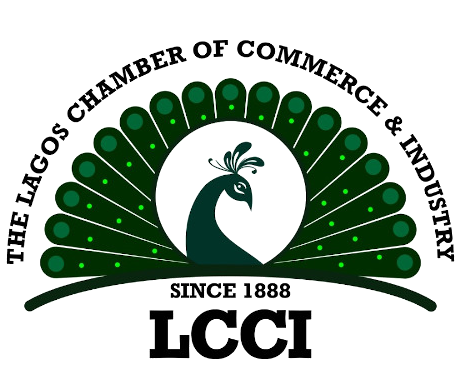The Lagos Chamber of Commerce and Industry (LCCI) has called on the Federal Government to step up diplomatic engagements to address the United States’ imposition of tariffs on Nigerian goods.
Speaking during a press conference on the chamber’s quarterly state of the economy on Thursday in Lagos, LCCI President, Mr. Gabriel Idahosa, advised that the government, through its relevant ministries, should seek clarity on the rationale behind the tariffs and explore options for reversal or renegotiation.
He said the current tariffs were a response to Nigeria’s ban on 25 import items from the U.S., and could become a major economic challenge if not properly addressed.
“With Trump’s tariffs threatening Nigeria’s N323.96 billion in 2024 non-oil, non-energy exports to the U.S., we believe a strategic, measured, and proactive response from the Nigerian government is imperative,” Idahosa said.
He warned that as tariff wars escalate between the U.S. and other global economies, countries directly affected by the measures could face rising inflation.
While noting that oil and gas exports from Nigeria to the U.S. were exempt from the 14 per cent tariff, he said the broader economic effect could still be significant due to falling oil prices.
He stressed the need for Nigeria to diversify its trade partners and reduce overdependence on a few countries.
“Nigeria must reduce overdependence on a few trade partners by expanding bilateral trade agreements with emerging economies in Asia, Latin America, and Africa. Intra-African trade under the African Continental Free Trade Area (AfCFTA) should be aggressively promoted,” he said.
Idahosa also emphasized the need to encourage local production and value addition in sectors such as agriculture, mining, and manufacturing.
“Exporting commodities in their primary state must give way to processed finished Nigerian goods that commanded higher global value,” he added.
He called for a review of Nigeria’s national trade policy to align with emerging global realities, and urged for modernization of trade, tax, and customs regimes in line with World Trade Organisation (WTO) rules to protect national interests.
Commenting on inflation, Idahosa said that despite the recent rebasing of the Consumer Price Index (CPI), the rate remained high.
He urged both fiscal and monetary authorities to intensify efforts to rein in inflation through a combination of economic tools.
“With the global oil market facing multiple uncertainties and prices trending downwards, government must develop a fiscal response to address potential revenue gaps in the budget,” he said.
He also cautioned against continued fiscal indiscipline, particularly in public expenditure, and called for urgent steps to address the nation’s debt trajectory.
Also speaking, LCCI Vice President, Mr. Ladi Smith, appealed to the government to make stronger efforts to secure agricultural zones across the country.
He said such efforts were critical to boosting food production and addressing the country’s inflationary pressures.
“Government should be encouraged to make greater security in areas that surround the nation’s food baskets to further drive down inflation and impact the populace,” Smith stated.


